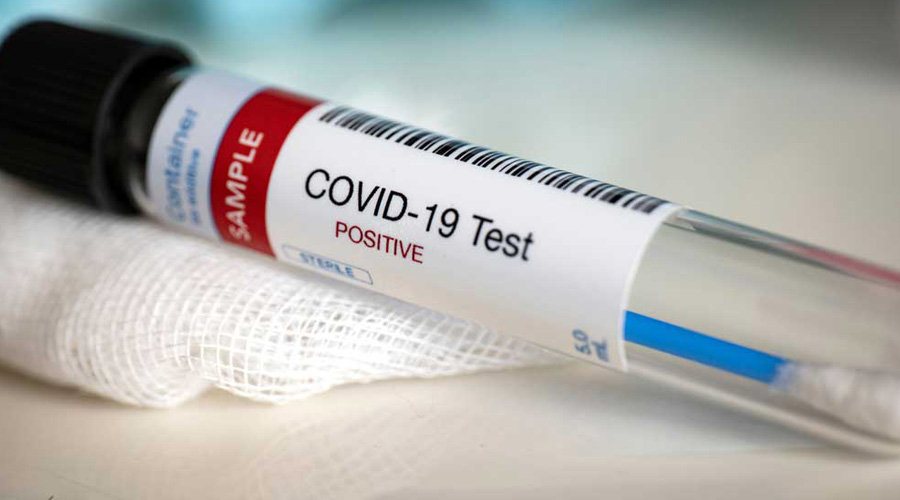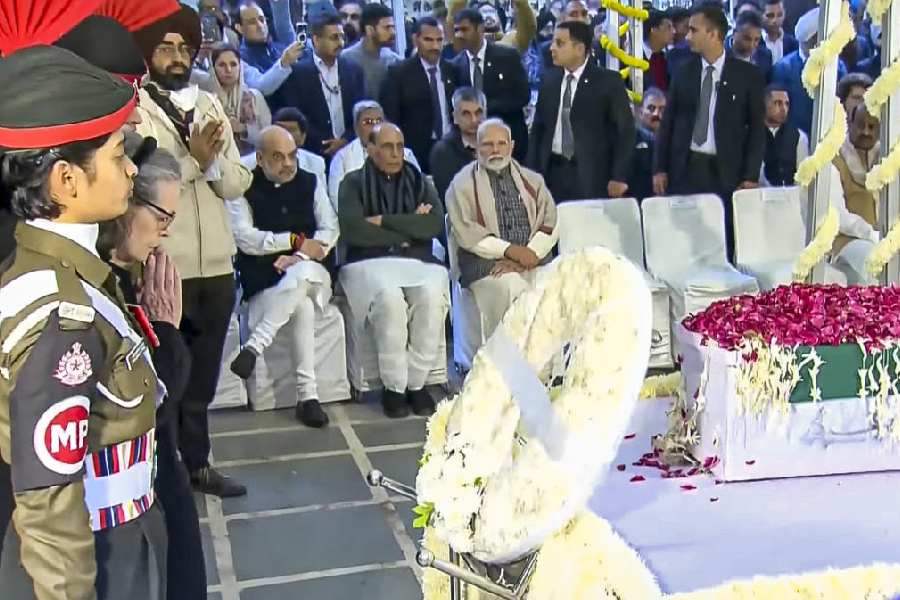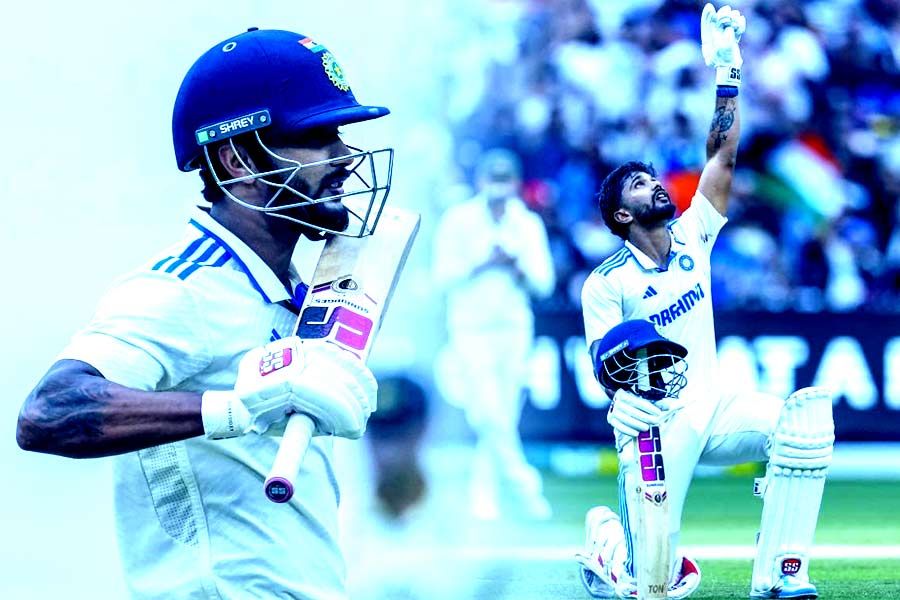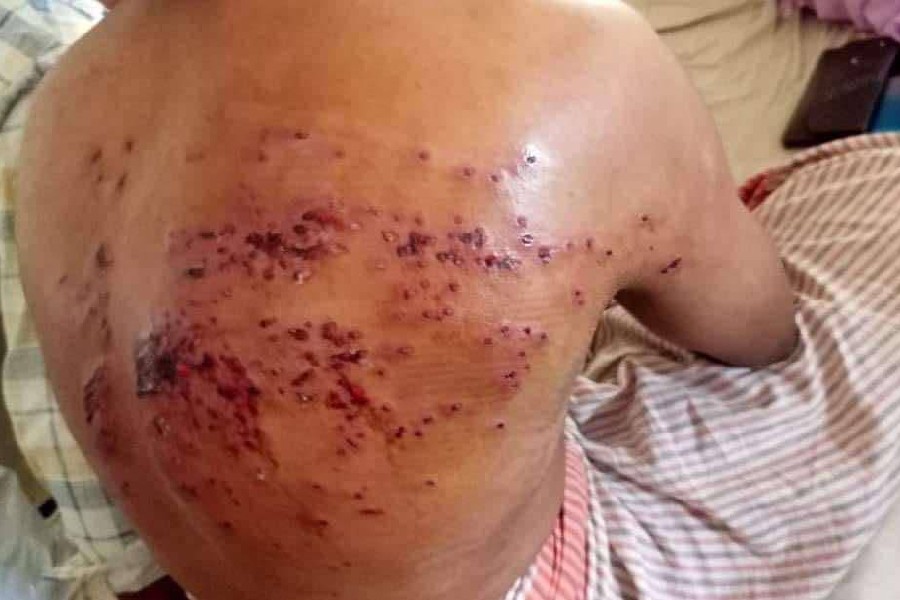The Union health ministry has asked the hardest hit districts across the country to give the first dose of vaccination to all people above 45 years within two weeks.
Although such districts have not been identified in Tuesday’s directive, Calcutta and North 24-Parganas were among the 46 districts the ministry had named on Saturday with large numbers of patients or sharp increases in daily new cases.
“All districts with high case loads and fast growth of cases must ensure 100 per cent saturation vaccination of the priority age group of 45 years and above in the coming two weeks,” Union health secretary Rajesh Bhushan wrote in a letter sent to all states on Tuesday.
The accelerated rollout of vaccinations to all above 45 years in districts with large case loads or surge is intended to protect those at highest risk of severe disease or death from Covid-19. The vaccination campaign will open to all above 45 years from April 1.
India’s seven-day average of daily new cases has climbed five-fold since mid-February — from around 11,200 to over 58,000 on Tuesday.
The ministry has asked all districts to take steps to reduce Covid-19 deaths by tracking case fatality rates and identifying localities or hospitals where mortality is unusually high. It has also asked local authorities to conduct “death analysis” to understand “system-related issues of why the death happened”.
For instance, late detection of severe cases may imply surveillance failure, late admission to hospital may signal delayed referral, while deaths may also occur due to lack of oxygen, lack of beds, or non-adherence to clinical management protocols.
The ministry has asked all districts irrespective of whether they are seeing a surge now or have low case loads to map their cases, track their geographical spread, activate surveillance teams and implement containment zones.
“The current rise in cases is of concern and has the potential of overwhelming the healthcare system unless it is checked right now,” Bhushan said in the letter to state chief secretaries.
He called on all districts to set up emergency operations centres to monitor the outbreak 24x7.
Clusters of cases are now emerging in many districts because of events or locations with large crowds of people congregating without adequate precautions, he said, cautioning that lack of precautions and laxity in public health measures could trigger sudden surges.
The seven-day average of daily new cases has increased by over 10-fold in Maharashtra, Punjab, Delhi and Madhya Pradesh and over 6-fold in Karnataka, Gujarat and Chhattisgarh, over the past six weeks. Maharashtra this week documented an average of 34,450 new cases daily compared with 3,000 cases in early February.
Senior health officials have attributed the surge in Maharashtra, Punjab and other states to poor testing practices, inadequate isolation of positive cases and inefficient quarantine of contacts, all of which facilitate chains of transmission.
Maharashtra has over the past week shown an unacceptably high test positivity rate — the fraction of positive cases among those tested — of 23 per cent, an indication that the state is not testing in adequate numbers and thus missing cases. Experts say the figure should ideally be lower than 5 per cent.
The health ministry has asked the states to enforce Covid-19 appropriate behaviour by the public and ensure that all positive cases are isolated and at least 25 to 30 of their close contacts are traced, quarantined and tested as required under standard protocols.
“We have reasons for huge concern — the virus is still active,” said Vinod Paul, member of Niti Aayog and chair of the national Covid-19 task force and expert group on Covid-19 vaccination. “We need greater vigilance in every state — not just in those where the battle is raging.”












